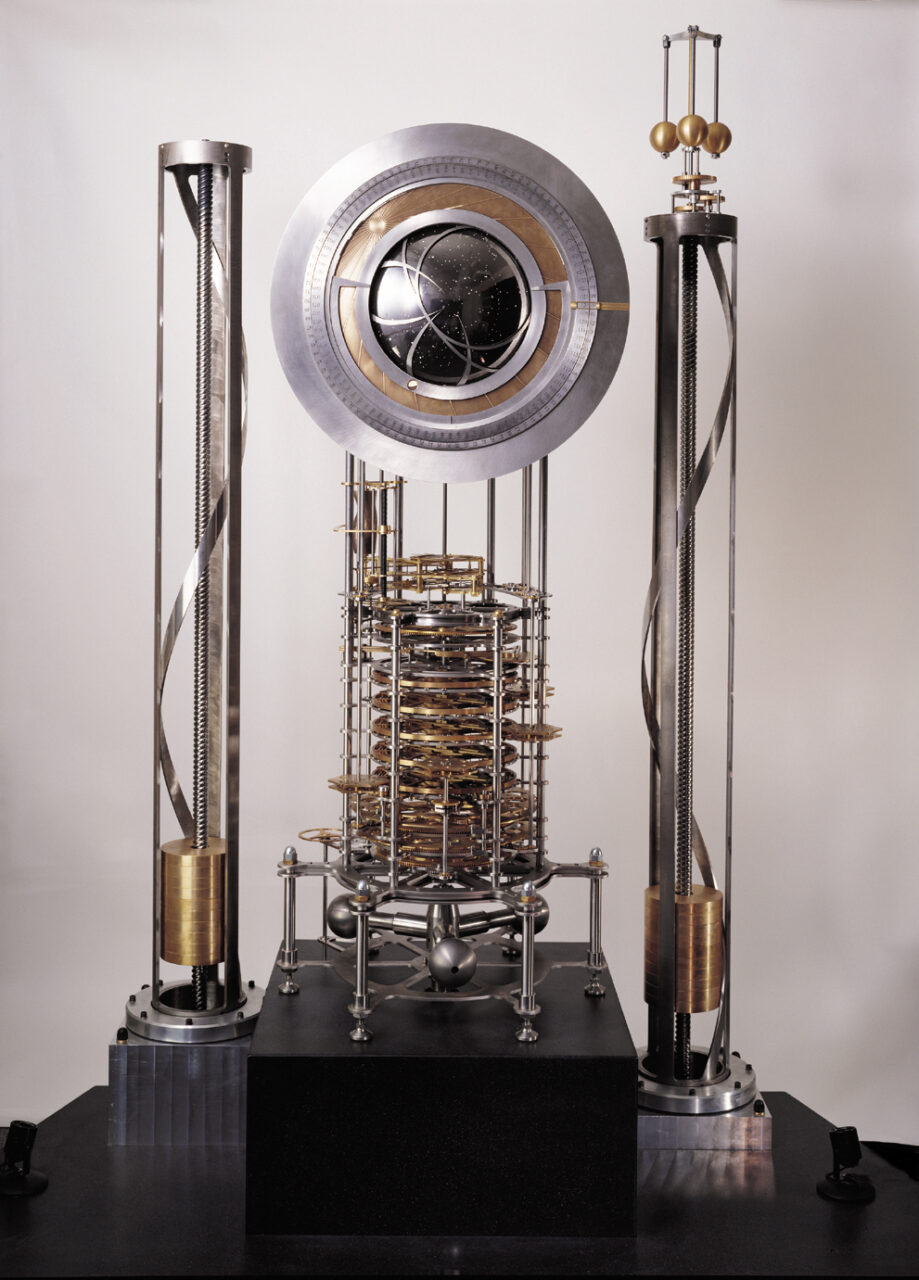A True Yunatic
Some minds don’t just solve problems – they stretch time, scale and meaning itself. Danny Hillis is a computer scientist, inventor and thinker who doesn’t just live in the future – he designs for the deep future. He helped pioneer parallel computing, cofounded Thinking Machines and then asked the world: What if we thought in millennia, not moments?
Hillis is the kind of mind that moves quietly but shifts tectonic plates. He builds with one eye on the stars and the other on what comes after us.
“I cannot imagine the future, but I care deeply about it.” – Danny Hillis
The Inner Child
Danny’s inner child is a tinkerer, time traveler and gear-lover, always dreaming up machines no one asked for – but everyone needs. That child looked at clocks and didn’t just ask what time is it? – he asked how can we tell time when no one is around to listen? That curiosity still fuels his mind – playful, profound and a little bit eternal.
Tribbles
Danny Hillis’s tribbles are wonders of vision and engineering:
- Thinking Machines Corporation – Invented the Connection Machine, a massively parallel computer that could simulate everything from neurons to galaxies.
- The Clock of the Long Now – A clock designed to tick once a year, bong once a century and last 10,000 years – a mechanical poem about deep time.
- Collaboration with Brian Eno & Stewart Brand – Co-founded the Long Now Foundation, planting ideas for civilizations yet unborn.
- Bio and health tech innovation – Co-founded Applied Minds, worked with Walt Disney Imagineering and helped reimagine the boundaries of medicine, robotics and creativity.
- Friendship with Seymour Cray & Richard Feynman – Hillis sought advice and conversation from fellow visionaries while building computers that think sideways.

Connected with the Yuniverse
Hillis doesn’t build for now – he builds for the echoes of tomorrow. His connection with the universe is humble, mechanical and mythic. He sees technology not as a race – but as a ritual, a story we pass forward to those we’ll never meet.
Spiritual
His reverence lives in durability, stewardship and time as sacred space. He believes our legacy isn’t data – it’s perspective.
Danny Hillis reminds us that the future isn’t something we wait for – it’s something we leave behind, one tick at a time.